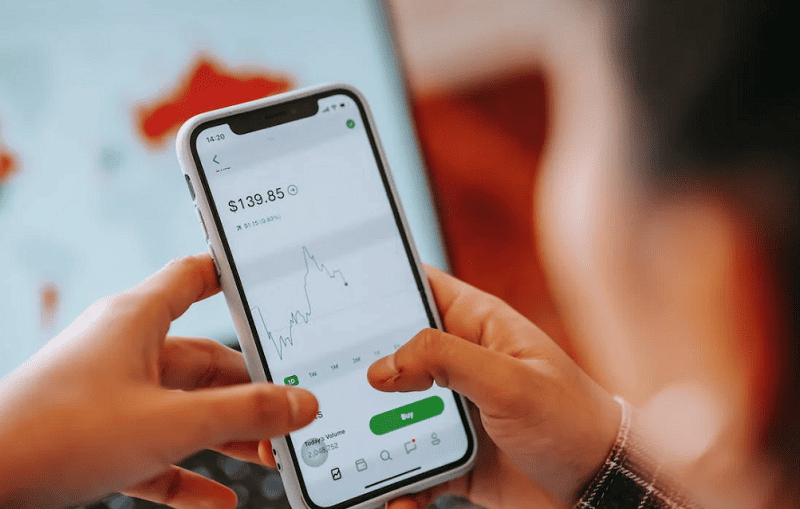No products in the cart.
Make Money Online
6 Ideas for Choosing the Best Personal Finance App
Personal finance apps have become increasingly popular in recent years. These apps offer a convenient way to manage our finances, from tracking expenses and creating budgets to monitoring investments and credit scores.
With so many options available, it can be overwhelming trying to choose the best personal finance app for your needs. In this guide, we’ll discuss some key factors to consider when selecting a personal finance app.
Determine Your Financial Goals
Before diving into the world of personal finance apps, it’s important to determine your financial goals. Are you looking to improve your budgeting skills? Do you want to invest in stocks or cryptocurrencies? Or are you simply looking for an easier way to track your spending?
Knowing your financial goals will help narrow down your search for the best personal finance app. Some apps are geared towards budgeting and expense tracking, while others focus on investing or overall financial management.
Consider Your Budget
Many personal finance apps offer both free and paid versions. While the free versions may have limited features, they can still be a great option for those on a tight budget. However, if you’re willing to invest in a paid version, be sure to consider the cost and whether or not it aligns with your financial goals.
Some apps also offer subscription-based plans, which may include additional features such as access to financial advisors. Be sure to carefully research the pricing options before committing to a particular app.
Look for Security and Privacy Features
When it comes to finance, security is of utmost importance. Look for apps that offer strong encryption and two-factor authentication to protect your sensitive financial information. Additionally, check the app’s privacy policy to ensure they are not selling or sharing your data with third parties.
User Interface and Features
The user interface of a personal finance app should be easy to navigate and understand. It should also offer features that align with your financial goals. For example, if you’re looking to improve your budgeting skills, the app should have features such as expense categorization and budget tracking.
Additionally, consider the compatibility of the app with your devices. If you primarily use a desktop computer, make sure the app has a web-based version as well as a mobile app.
Read Reviews and Compare Options
One of the best ways to determine if a personal finance app is right for you is to read reviews from other users. Look for feedback on the app’s functionality, user interface, and customer support.
You can also compare different apps by creating a list of your top choices and evaluating them based on factors such as cost, features, and security measures.
Seek Recommendations
If you have friends or family members who use personal finance apps, don’t be afraid to ask for their recommendations. They may have valuable insights based on their experience with the app.
You can also seek recommendations from financial advisors or professionals in the industry. They can provide expert advice and suggest apps that align with your financial goals.
Conclusion
Choosing the best personal finance app may take some time and research, but it’s worth the effort to find an app that fits your needs and can help you achieve your financial goals.
Consider your budget, security features, user interface, and seek recommendations from others before making a decision. With the right personal finance app by your side, managing your finances can become a much easier and more efficient process.

